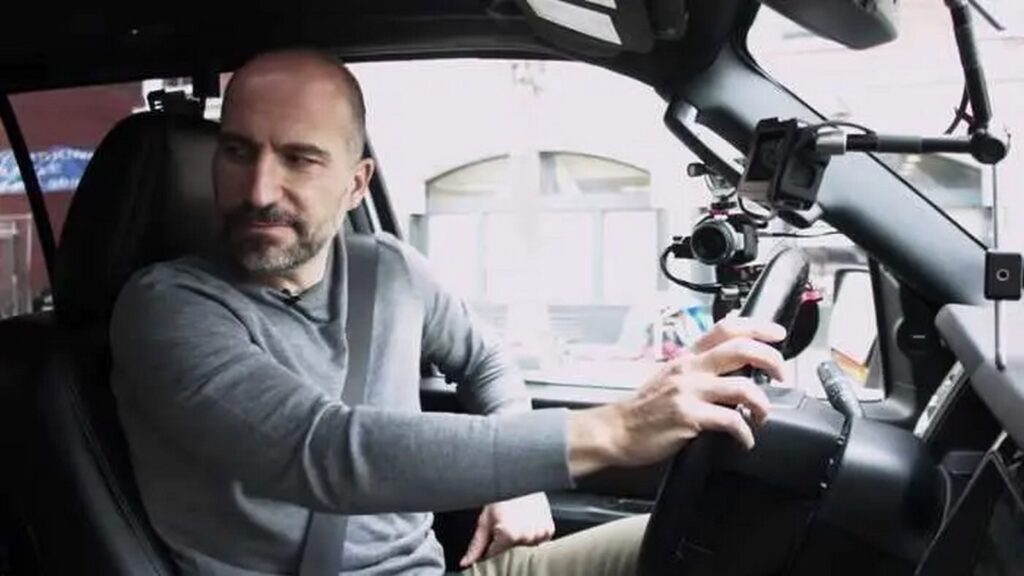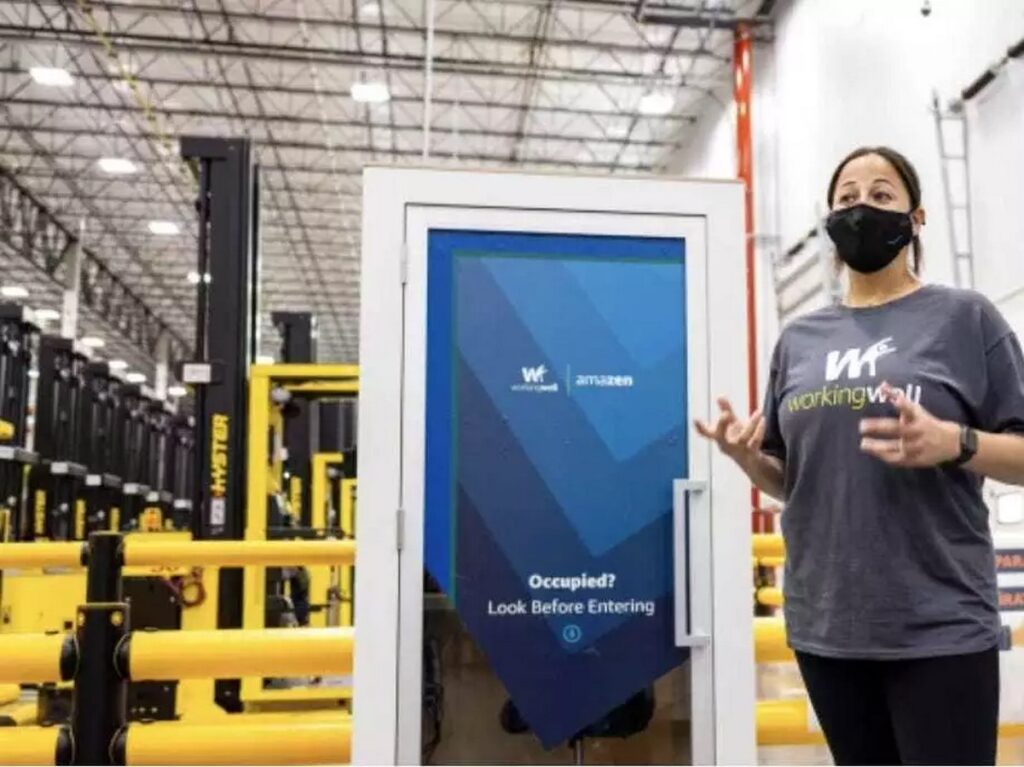Uber Shifting Away from Cash-Burning UberPool

This week’s buzz surrounds Uber’s strategic shift away from its cash-burning UberPool service. As pandemic restrictions ease and people resume using ride-hailing services, Uber has made notable changes, with the absence of the UberPool option being one of the most significant.
During the pandemic, both Uber and Lyft suspended shared rides, including UberPool. Now, it appears that UberPool might not return in its original form. The option, known for its discounted fares in exchange for sharing rides with strangers, is being reevaluated due to its substantial financial losses. Reports suggest that Uber was burning nearly $1 billion annually on UberPool alone.
To address this issue, Uber is considering various measures, including potentially limiting the availability of the Pool feature to specific routes or times of the day. These changes align with Uber CEO Dara Khosrowshahi’s focus on achieving profitability. Khosrowshahi aims to steer Uber towards profitability, at least by certain accounting measures, by the end of the year.

Poparazzi: The New Social Media Disruptor
In the realm of social media, a new app called Poparazzi is making waves, especially among Gen Z users. Created by Alex Ma and his brother Austen, Poparazzi diverges from traditional social media norms by encouraging users to become “poparazzi” for their friends rather than focusing on posting selfies.
The app presents users’ profiles with unedited photos taken by others, eschewing conventional metrics like follower counts and likes. Instead, Poparazzi emphasizes total photo views and emoji reactions. This departure from selfie-centric platforms like Instagram has garnered attention for its innovative approach to social networking.
Amazon’s Mindful Initiative: A Closer Look at AmaZen Booths
Amazon has introduced “zen” booths, compact meditation spaces aimed at promoting mental wellness among warehouse workers. As part of Amazon’s broader commitment to improving worker safety and well-being, these booths offer employees a private area to relax and meditate during breaks.
However, the rollout of these booths has been met with criticism, with some likening them to “dystopian” despair closets. Critics have raised concerns about the conditions faced by Amazon warehouse workers, highlighting the contrast between the company’s wellness initiatives and the challenges workers endure on the job.

Quote of the Week: Maria Klawe’s Reflection on Microsoft
Maria Klawe, president of Harvey Mudd College and former Microsoft board member, shared her disappointment regarding her departure from Microsoft’s board. Reflecting on an uncomfortable on-stage interview with CEO Satya Nadella, Klawe expressed feeling silenced and let down by Nadella’s response regarding pay raises for women employees.















